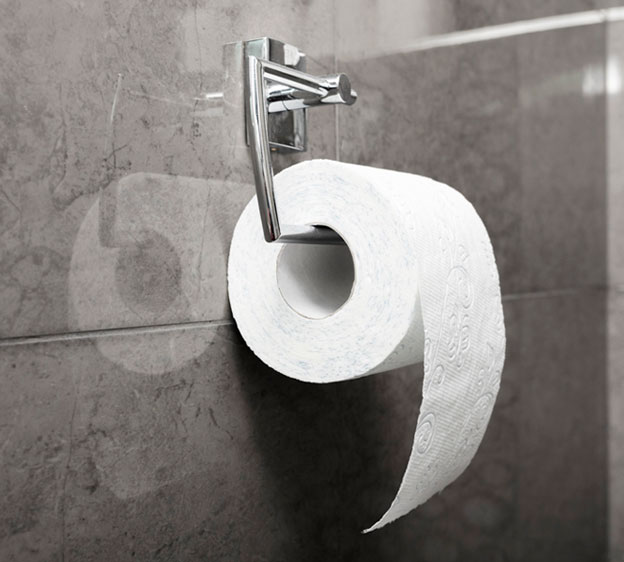
Thanks to screening and diagnostic testing, colon cancer can be diagnosed in its earliest, most treatable stages. But sometimes, you don’t have to wait for a test. Sometimes, colon cancer shows itself in other ways.
“Any altered bowel function is a potential warning sign of colon cancer,” says Kristen Johnson, MPAS, PA-C, at Beaufort Memorial Lowcountry Medical Group. “Difficulty emptying your bowels or experiencing a change in the frequency or consistency of bowel movements can indicate colon cancer.”
Know Your Stool
What does colon cancer stool look like? Johnson describes it as narrow and ribbon-like. Also, because colon polyps often bleed when stool is passed, stool that is dark brown or black, which suggests blood is present, should warrant a visit to your doctor. Other symptoms include:
- Bright red blood coming from the rectum
- Diarrhea, constipation or other changes in bowel habits that last several days
- Feeling fatigued or anemia
- Losing weight without trying
- Stomach cramping and discomfort
Mucus in stool is not typically a sign of colon cancer, but large amounts can suggest infections or other problems that your primary care provider or a gastroenterologist can help you with.
It’s important to remember, though, that symptoms of colon cancer often appear only when the disease has progressed to advanced stages, when it’s harder to treat. That’s why screening is so important. Stool-based screenings can detect even the faintest trace of blood in the stool.
Colonoscopy: The Gold Standard
As helpful as symptoms and stool-based tests may be, neither are definitive. In the event cancer is suspected, a colonoscopy is required. Although many dread preparing for the test, the benefits far outweigh any annoyance.
“When patients are nervous about their colonoscopies, I remind them to keep the end goal in mind,” Johnson says. “This one test and one day of inconvenience can save your life.”
Current guidelines recommend adults at average risk of colorectal cancer have their first colonoscopy at age 45. During the test, growths may be removed for evaluation. If everything looks normal, a repeat test would be recommended in 10 years.
At-Home Screenings
Recently, at-home colon cancer tests have become available. You order a kit and collect a small stool sample that you send to a laboratory to test for the presence of blood. However, these tests are not perfect, and bloody stool doesn’t always indicate colon cancer. Hemorrhoids or more serious issues also cause blood in the stool. If these tests reveal blood or are inconclusive, a colonoscopy is still necessary to rule out cancer. At-home tests also need to be performed more frequently.
Read More: At-Home Colon Cancer Tests vs. Colonoscopies
The most important thing is to get tested. Talk to your primary care provider about the best method of screening for you to stay on top of your colorectal health.
Are you age 45 or older? Schedule a colonoscopy at Beaufort Memorial.

